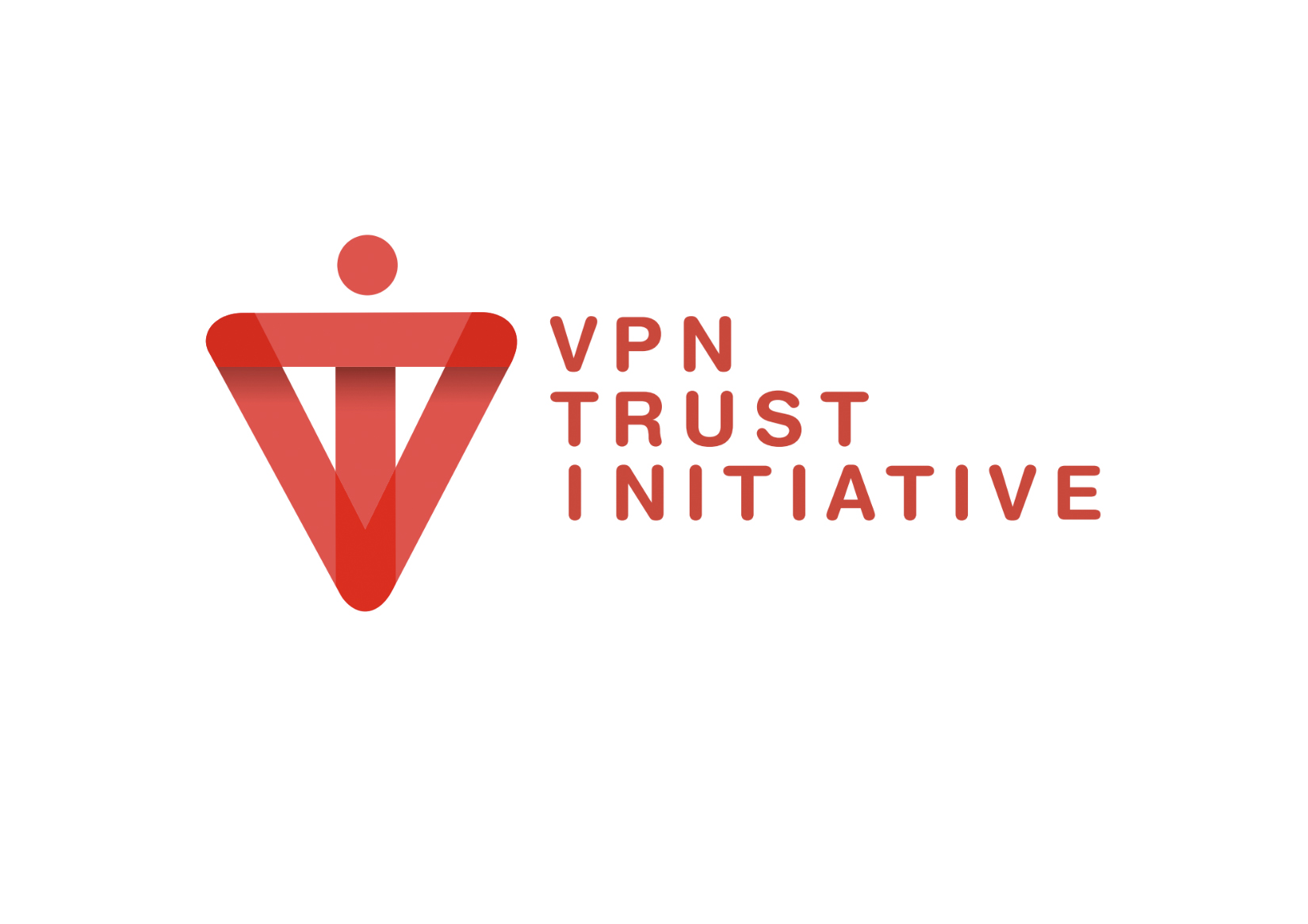VPNs are Essential Tools for Privacy and Security, and Should Not Become a Political Football
Today, in a regrettable move, the Tribunal Judiciaire de Paris extended blocking orders to several VPN providers operating within France. The ruling is designed to restrict access to specific websites for users in France, or French overseas territories, risking the integrity of the Internet.
The legal action, brought by Canal+, and the Ligue de Football Professionel (LFP), aims to prevent users from reaching sites that host or stream unlawful sports content.
The French ruling not only misplaces responsibility: it fundamentally threatens the privacy and security of millions of users in France and beyond. This blocking approach—which has failed in the past—relies on blunt technical instruments instead of precise enforcement tools to address the actual sources of piracy. Therefore it will not reduce infringement, and will only cause widespread collateral damage.
Recognized globally as essential content-neutral services for cybersecurity, VPNs play a crucial role in safeguarding users on the Internet and enabling access to independent media—particularly in countries with a high level of censorship. As France follows the troubling path of other jurisdictions that impose limits on VPNs, VTI emphatically rejects the argument that these content-neutral service providers are facilitators of piracy.
Ethically-operated VPNs do not host, store, or promote illegitimate access to copyrighted material. In fact, they unequivocally prohibit the misuse of VPNs for illegal activities. Targeting reputable VPN services is a misguided and disproportionate approach, and targeting these legitimate VPN providers may drive their focus away from the French market—creating space for unethical and malicious actors to fill the void.Infrastructure-level blocking has consistently failed to meaningfully curb piracy while causing overreach and other unintended but foreseeable consequences. For example, in Italy, the Piracy Shield system led to widespread service outages on platforms such as Google Drive; and forced VPN providers to exit the market entirely. France is now repeating these mistakes with an ill-conceived extension of blocking obligations to VPN providers, overstepping its legal boundaries and disregarding EU-wide standards on proportionality and effectiveness. This selective approach is certain to fail, as it targets symptoms rather than addressing the root causes of piracy.
The VPN Trust Initiative (VTI) keeps track of legislative developments and as we follow global efforts to rein in online behavior, whether for the purposes of intellectual property protection or outright censorship, we have witnessed the following trends:
- Overblocking is widespread, particularly when DNS or IP-level restrictions are used against shared infrastructure. A single IP address or domain can support millions of unrelated services: blocking these shared assets can instantly disrupt a wide array of lawful websites and accessibility to legitimate content.
- Content-related Internet fragmentation is accelerating, with some countries introducing national firewalls, alternative DNS roots, or isolated Internet architectures. While governments may seek to enforce domestic content policies, doing so through infrastructure-level measures creates technical inconsistency, degrades global interoperability, and often fails to achieve the desired outcomes.
- Collateral damage is severe, with disproportionate impacts on cloud, Internet infrastructure, and small businesses, undermining revenue, reliability, investment incentives, and market access in a globally connected economy.
- Policy interventions often fail to meet their goals, while simultaneously introducing technical risks, network inefficiencies, and business uncertainty. Left unaddressed, these technical measures threaten the long-term integrity of the open Internet, the health of the digital economy, and the survival of fundamental rights. Enforcement should focus on content removal at the source, rather than interfering with the neutral systems that enable global connectivity.
A clear lesson emerges: infrastructure-level blocking on content-neutral services is an imprecise enforcement strategy that creates outsized harm relative to its intended purpose. Even when deployed with the best intentions, these measures frequently manifest as overreach, service disruption, and misplaced liability exposure. Most importantly, they do not eliminate offending content from the Internet.
The VPN Trust Initiative asserts that technical enforcement on the Internet should be approached with precision, restraint, and accountability. Safeguarding rightsholders remains an important objective, but solutions must focus on dealing with the issue at the source and, importantly, they should not come at the cost of sacrificing fundamental principles such as open, secure, and private Internet access.
This is why the VTI proactively engages with policymakers: to make sure that it’s clear how VPNs operate and why they’re important—and so the ramifications of misguided legislation are fully understood by all stakeholders.
About i2Coalition’s VPN Trust Initiative
i2Coalition’s VPN Trust Initiative (VTI) is an industry-led consortium that promotes consumer safety and privacy online by increasing understanding of VPNs and strengthening business practices in an industry that already protects millions of Internet users. The VTI leverages first-hand knowledge to advocate, create, vet, and validate guidelines that strengthen trust and transparency and mitigate risk for users.

